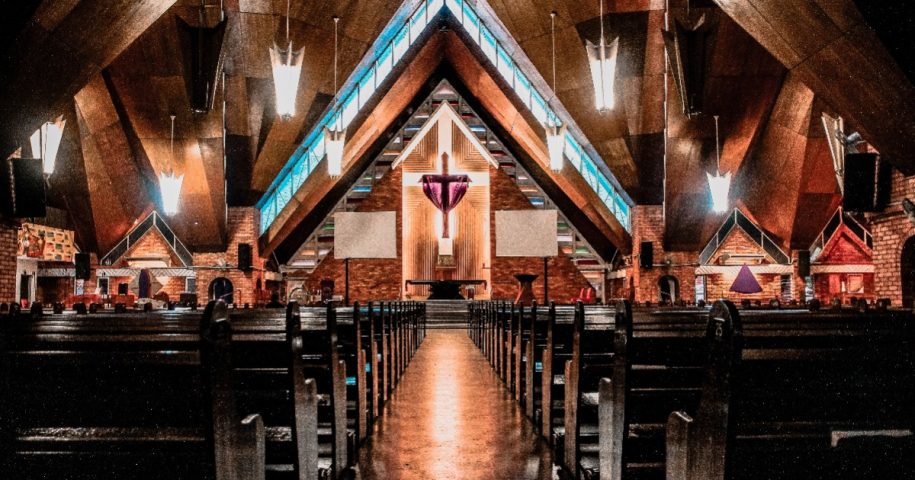Singapore, a vibrant city-state nestled in the heart of Southeast Asia, is renowned for its rich cultural tapestry, where diverse ethnicities and religions coexist harmoniously. The city-state’s religious landscape reflects the multiculturalism that defines its identity, with various faiths contributing to the social fabric of this cosmopolitan nation.
Religious Diversity: Singapore is home to a multitude of religions, each playing a significant role in shaping the beliefs and practices of its residents. The major religions include Buddhism, Islam, Christianity, Hinduism, and Taoism. This diversity is a testament to the multicultural nature of the nation, where people from different backgrounds come together to celebrate their unique traditions.
Islam: With a substantial Malay-Muslim population, Islam is another major religion in Singapore. The Sultan Mosque, a magnificent architectural marvel, stands as a symbol of the country’s Islamic heritage. The Muslim community actively participates in religious practices, including Ramadan, Eid al-Fitr, and Hajj pilgrimage.
Buddhism: Buddhism holds a prominent place in Singapore, with a sizable number of adherents following Theravada, Mahayana, and Vajrayana traditions. Buddhist temples, such as the famous Buddha Tooth Relic Temple in Chinatown, serve as spiritual havens and cultural landmarks. The teachings of compassion, mindfulness, and the pursuit of enlightenment resonate with many Singaporeans.
Christianity: Christianity, represented by various denominations such as Catholicism, Protestantism, and Orthodox Christianity, has a significant presence in Singapore. Churches, like the iconic St. Andrew’s Cathedral, not only serve as places of worship but also contribute to the community through social initiatives and charitable work.
Hinduism: The Indian community in Singapore upholds Hinduism, with temples like Sri Mariamman Temple providing spiritual sanctuaries. Festivals like Deepavali and Thaipusam are celebrated with enthusiasm, showcasing the vibrant traditions and cultural heritage of the Hindu community.
Taoism: Taoism, rooted in Chinese philosophy and spirituality, is practiced by a considerable portion of the population. Devotees visit temples such as the Lian Shan Shuang Lin Monastery to seek guidance, and blessings, and connect with the principles of balance and harmony.
Interfaith Harmony: One of Singapore’s hallmarks is its commitment to religious harmony. The government actively promotes understanding and tolerance among different religious communities. Various interfaith initiatives, dialogue sessions, and shared events foster unity, dispel misconceptions, and strengthen the bonds among Singaporeans of diverse faiths.
Religious Festivals: Singapore’s calendar is marked by a multitude of religious festivals, celebrated with enthusiasm and inclusivity. From Chinese New Year and Hari Raya Puasa to Deepavali and Christmas, these festivals showcase the coexistence of diverse traditions and the spirit of unity that defines Singapore.
Religious Freedom: Singapore’s commitment to religious freedom is enshrined in its constitution, ensuring that individuals have the right to practice and propagate their faiths. This legal framework provides a foundation for peaceful coexistence and mutual respect among the various religious communities.
Conclusion:


Leave a Reply